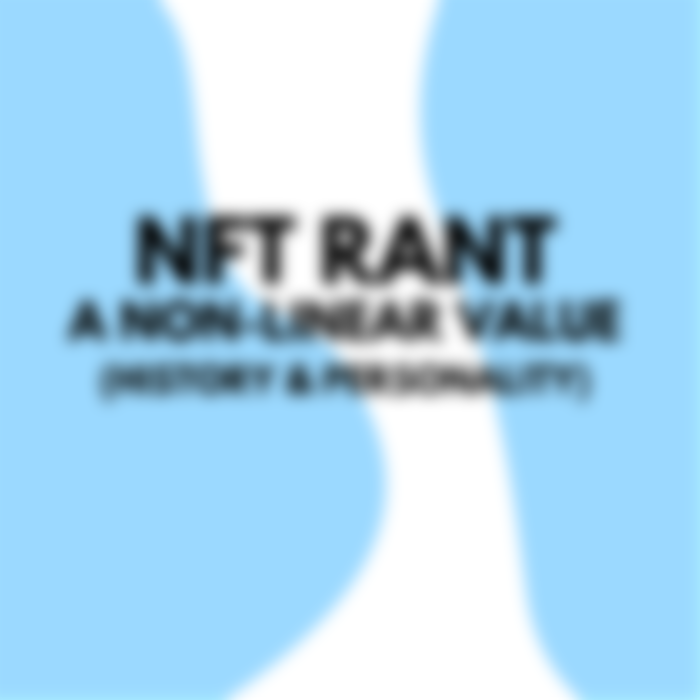NFT Rant: A Non-linear Value
One aspect of NFT technology that I rarely see anyone talk about is how to make use of the ability of each Token to hold history data.

In each Blockchain #play2earn games, I noticed the trends of treating each instance of the NFT identical. Each Splinterland card of the same level can be exchanged with a different instance of it no problem.
But NFTs by definition, aren't fungible. They're not supposed to have the same value, and even copies can hold different data after minting.
Let's take a card game as an example: Every Dark Magician card has thousands of copies printed, they hold the same information and art. They can be exchanged without affecting the game in any way.
In the real world, however, these copies aren't as identical as the virtual versions. They're made of physical materials like paper. Their ink can fade over time. Someone can scribble on a card. They might even damage it by tearing it or spilling coffee on it.
I don't believe digital card games should replicate these negative ways of getting damaged, but that's one way to look at it. Copies aren't exactly identical. Each one has a unique history.
Even in the digital world. There are a lot of data that can be added on a card for history and/or personality. Making each instance/copy of the NFT different without affecting the gameplay.
The Value Isn't Linear
This history and personality data added to an NFT collectible will make every instance of the originally identical copies different. This differentiation will have a value of its own.
A card that has been previously used by the world champion would have a unique value not shared by the other instances of the same card.
A key that was used to open a thousand doors in an MMO would be less valuable to some people than a key that was only used once but to enter a limited-time Raid Boss Room.
The best type of data to be added to a collectible this way is data that can only be valuable to people who care about a specific kind of value. For example, one of the historical owners of an NFT is a friend or someone important in a small circle of people.
That's why I think we should try to aim for that in NFTs. Instead of the artificial scarcity of the NFT set as a whole, the uniqueness of each specific instance over time is what should hold value. For this to work, the uniqueness we look for shouldn't be systematic, but it should still be designed from the start for that NFT set.
This rant is also on Hive's Ecency.

Some blockchains since then already have different issues, and that include yours. Looking forward for the resolution of your rants.